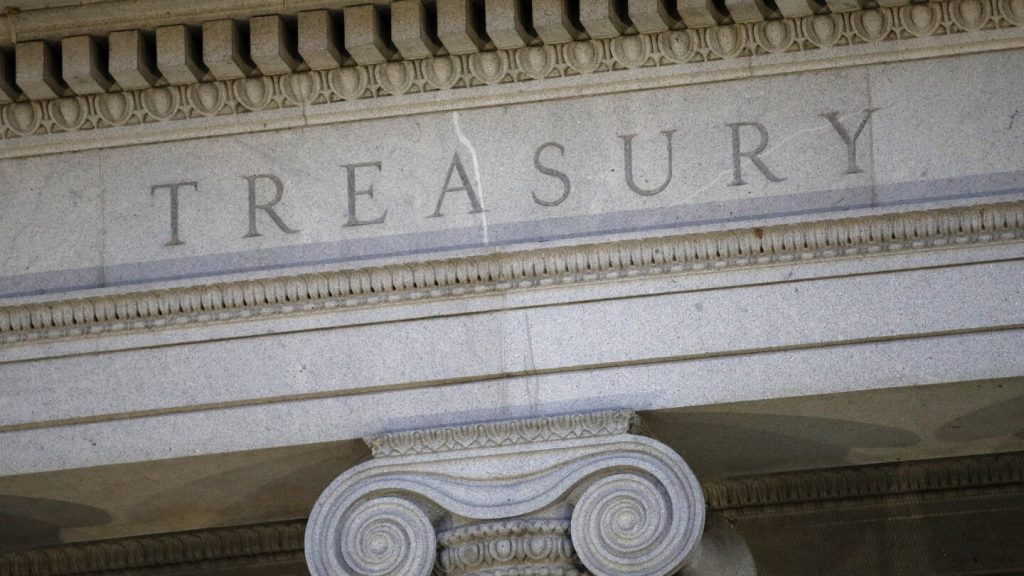The U.S. announced on Tuesday that it has lifted some financial restrictions against Cuba, aiming to boost private businesses on the island. These measures will allow independent entrepreneurs to open and access U.S. bank accounts online to support their businesses. The changes also include steps to open up more internet-based services and expand private companies’ ability to make certain financial transactions. The Treasury Department stated that the regulatory amendments were intended to promote internet freedom in Cuba, support independent Cuban private sector entrepreneurs, and increase access to certain financial services for the Cuban people.
One of the key changes in the new measures will allow Cuban private business owners to open bank accounts in the United States and access them online once back in Cuba, which was not possible before. The U.S. is also reinstating U-turn transactions, which enable money transfers between countries routed through the United States. The goal of these changes is to facilitate remittances and payments for transactions in the Cuban private sector, aiming to benefit the Cuban people, including independent private sector entrepreneurs.
The Cuban authorities, however, downplayed the significance of the announcement. Johana Tabada, deputy director of the U.S. department in the Cuban Foreign Ministry, stated that the steps were limited and would do little to ease the embargo or sanctions that have had the most significant impact on the Cuban people. Despite the skepticism from Cuban officials, the updated guidance from the Treasury Department clarified that no Cuban officials or prohibited Cuban Communist Party members would benefit from the changes designed to support Cuba’s emerging private sector.
These changes come at a time when Cuba is facing one of the worst economic and energy crises in its history, leading to widespread frustrations over food shortages, inflation, and blackouts. The difficult conditions have prompted hundreds of thousands of people to migrate, with many heading to the United States. The new measures from the U.S. aim to provide avenues for Cuban businessmen to conduct international transactions and payments, although there are still concerns about potential risks and challenges in engaging with U.S. banks due to Cuba’s designation as a state sponsor of terrorism.
The history of U.S.-Cuba relations has been marked by tensions and fluctuations. The U.S. implemented a full-scale economic embargo on Cuba in 1962 under President John F. Kennedy, and the relationship remained frosty until former President Barack Obama’s administration began to thaw relations in 2017. However, President Donald Trump reversed many of Obama’s policies towards Cuba, imposing new sanctions and designating the country as a state sponsor of terrorism in the final days of his administration. Cuba has slowly opened up its economy to more privately owned enterprises over the years, with reforms initiated by President Raúl Castro in 2010 and the recent allowance for small- and medium-sized companies in 2021.
Overall, the new financial measures announced by the U.S. represent a step towards easing restrictions and supporting the private sector in Cuba. While the impact of these changes remains to be seen, they are intended to provide opportunities for Cuban entrepreneurs and businesses to engage in international transactions and access financial services. The road ahead may still be challenging, given the complex history of U.S.-Cuba relations and the current economic difficulties faced by Cuba, but these measures offer a glimmer of hope for the island’s private sector amid ongoing hardships.


